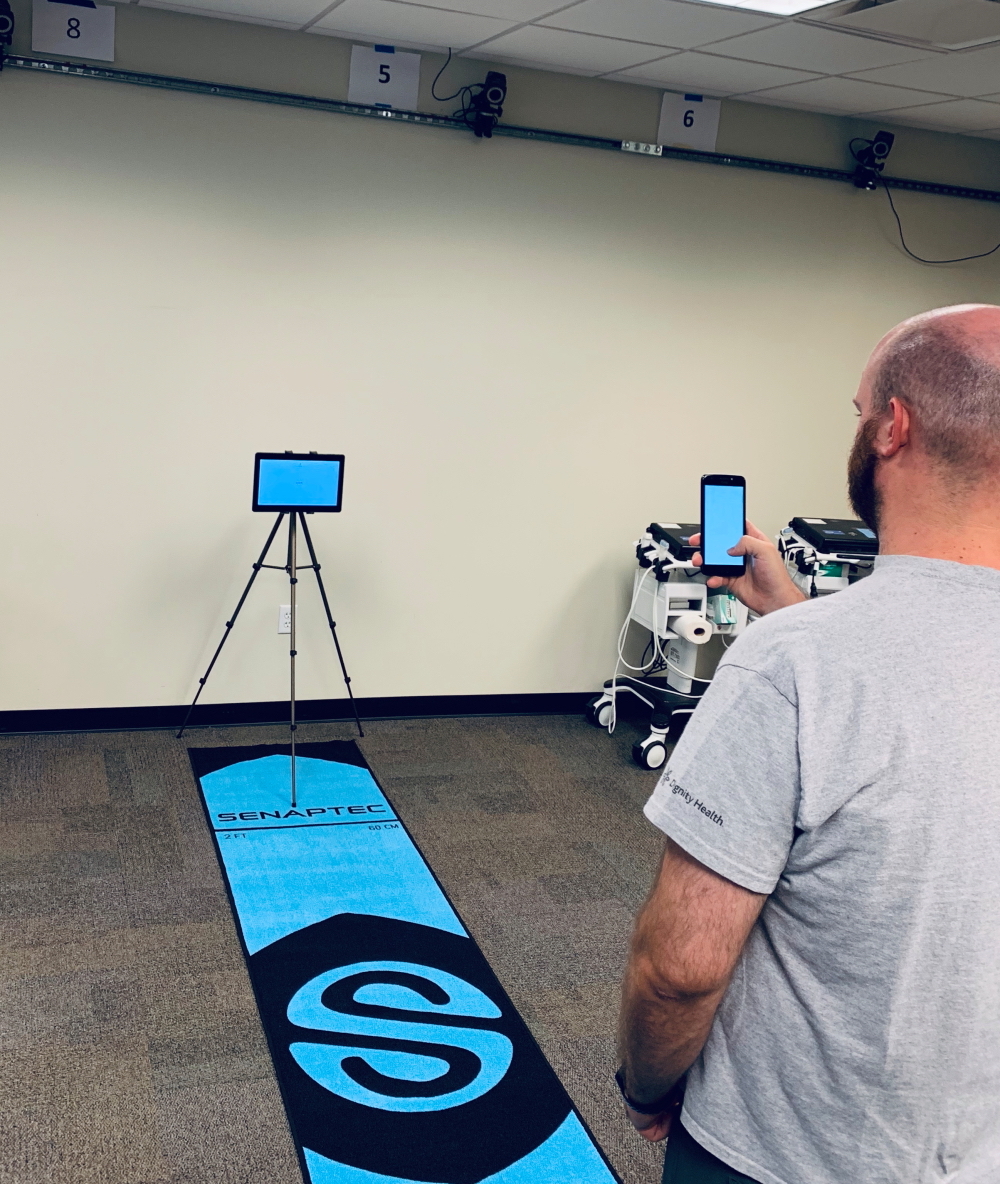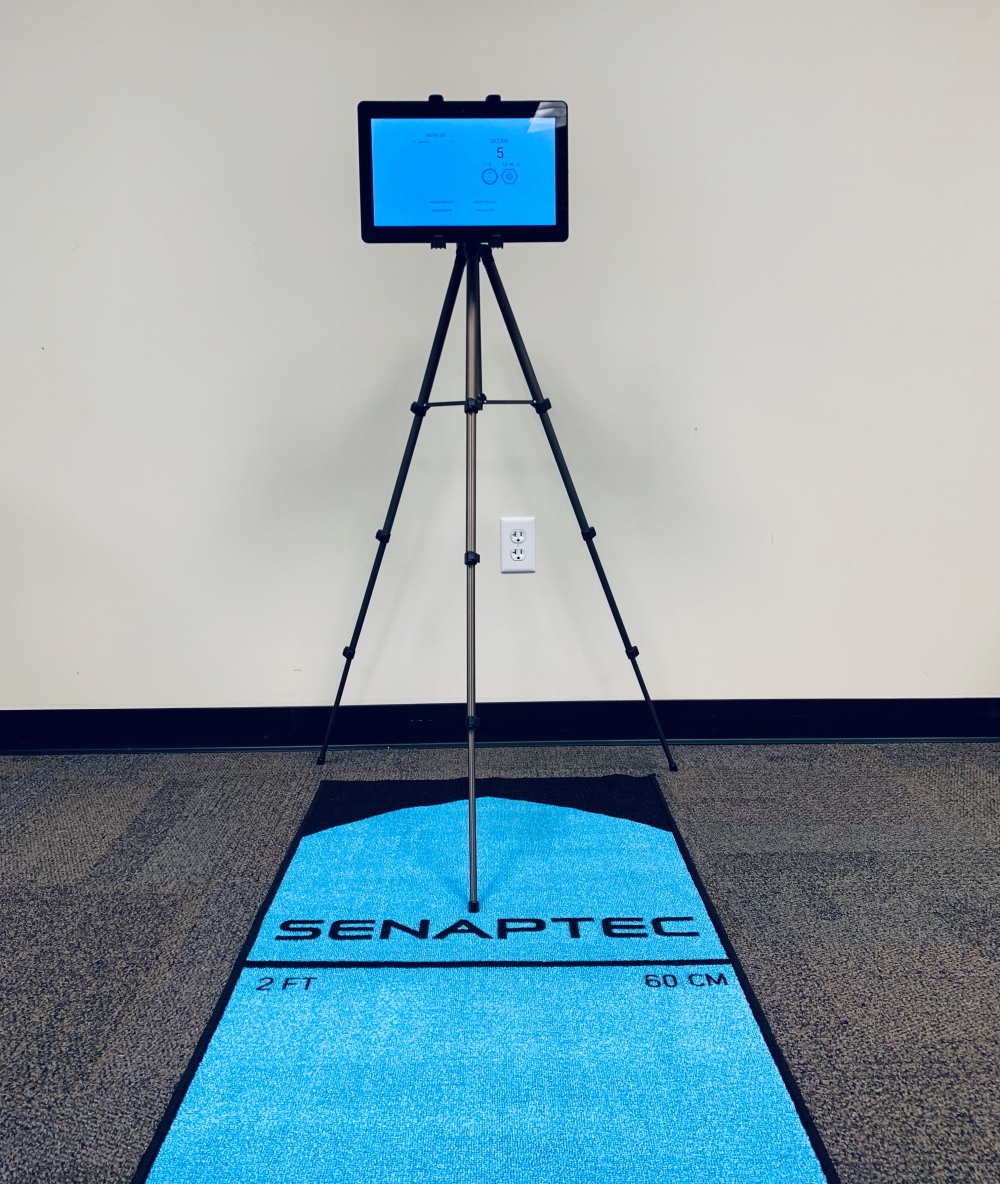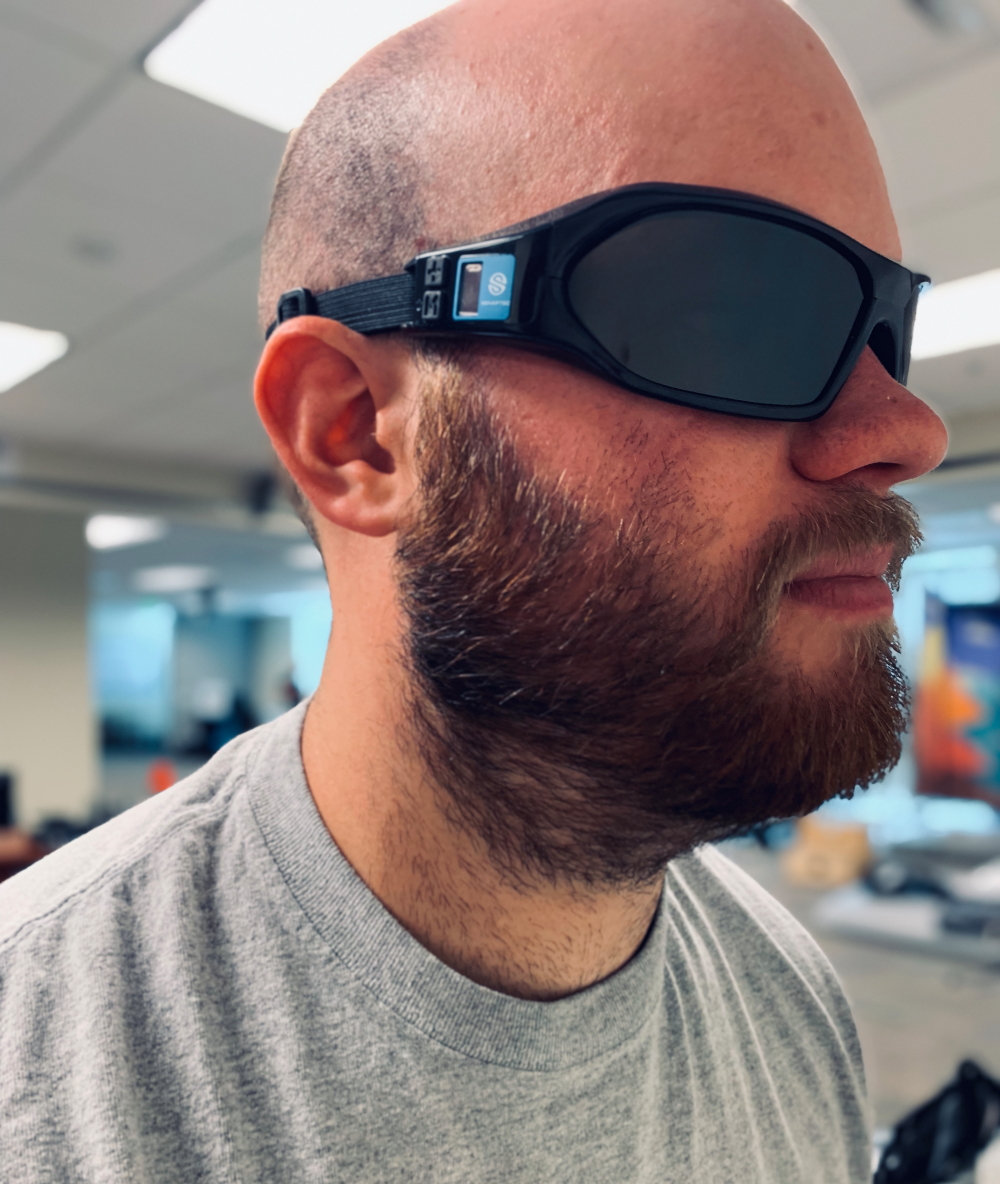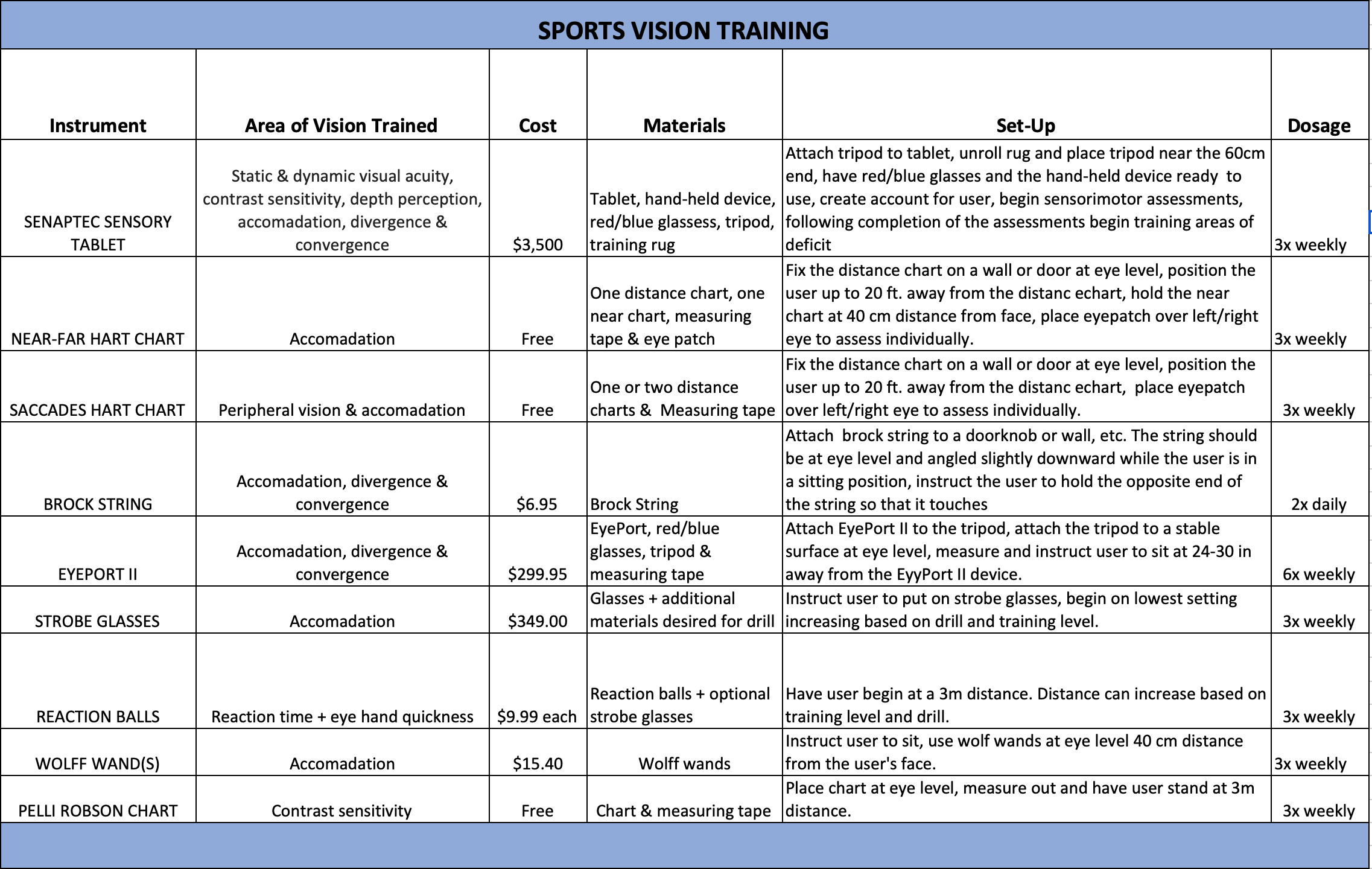SPORTS VISION TRAINING (SVT)
Successful teams are often defined by athlete’s who have trained their musculoskeletal and cardiovascular systems to surpass those of their competitors. However, studies have shown that successful sports teams include those whose players have the best visual-motor functions.
 |
 |
 |
What is SVT?
Sports vision training (SVT) is not a new practice, however it has been gaining more interest and growth in recent years especially in the field of sports medicine. SVT can be defined as the training of fundamental oculomotor tasks; such as depth perception, hand-eye reaction time and perception span with either digital or non-digital instruments. A variety of studies have found that implementing a SVT regimen over the course of four to six weeks can have a positive impact on athlete performance and visual cognition.
SVT and Sport-Related Injury
While research in this area is still growing, Murray et al discusses in his 2014 article how a lack of oculomotor control can lead to increased incidences of sport-related concussion.
Can SVT lead to a decrease in sport related injury rates?
Clark et al, 2015 reports that there is promising evidence to support the use of SVT in the decrease of sport-related concussion injuries. Since SVT focusses on training fundamental sport oculomotor tasks. Overtime, SVT may prepare athlete’s to use the incoming visual information and to react at a much faster rate, resulting in the ability to avoid collision-type injuries.
How to utilize SVT in your clinical practice
There are a number of both digital and non-digital instruments that can be utilized on the assessment and training of vision. Table 1 depicts a combination of both digital and non-digital instruments, commonly utilized in SVT.
Table 1
ATSU Concussion | Sports Vision Training
References
Balasaheb TM, P; & Sandhu JS. The Impact of Visual Skills Training Program on Batting Performance In Cricketers. Serbian Journal of Sports Sciences. 2008.
Murray N, Ambati V, Contreras M, Salvatore A, Reed-Jones R. Assessment of oculomotor control and balance post-concussion: a preliminary study for a novel approach to concussion management. Brain Injury. 2014;28(4):496-503.
Clark J, Graman P, Ellis J, et al. An Exploratory Study of the Potential Effects of Vision Training on Concussion Incidence in Football. Optometry & Vision Performance. 2015;3(2).
